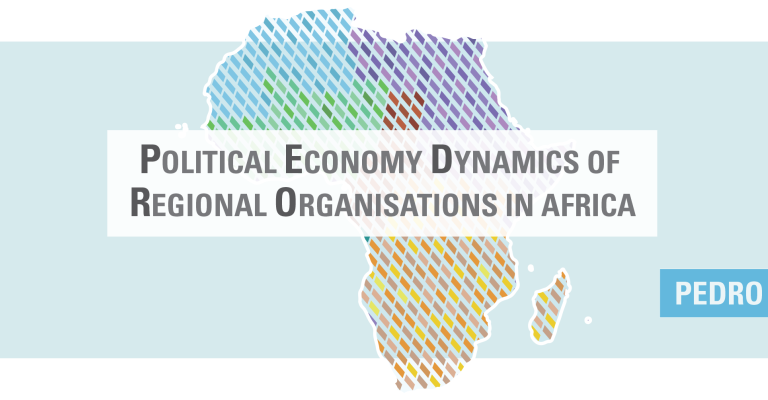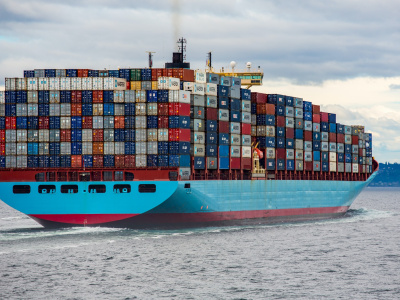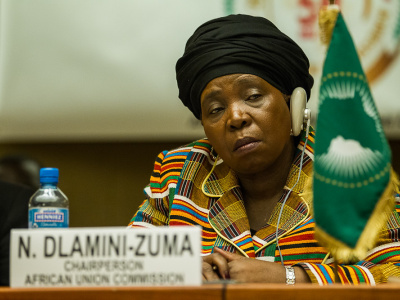
The political economy of regional organisations in Africa – PEDRO project (2018-2020)

Authors
What blocks or drives regional integration in Africa? What role do regional organisations play in this? What are the incentives and power dynamics at play?
This page is also available in French.
About the project
What blocks or drives regional integration in Africa? What role do regional organisations play in this? What are the incentives and power dynamics at play?
In 2015 and 2016, we aimed to answer these questions by looking at the political economy of six of Africa’s largest regional organisations. Our latest project on the political economy dynamics of regional organisations in Africa (PEDRO) digs even deeper, by looking at no less than 17 organisations. The PEDRO project, carried out with support from the German Ministry for Economic Cooperation and Development (BMZ), ran from 2016 until 2018.
In early December 2017, we proudly launched the first 30 policy briefs and background papers of the ambitious project. You can download these below, or browse the key highlights of the studies via our interactive online tool – which in addition allows you to explore the history, priorities and members of all 17 organisations.
For more information, get in touch with Bruce Byiers.

Discover our interactive tool
Policy briefs and background papers
Synthesis paper
- The political economy of Africa’s regional ‘spaghetti bowl’ (Version en français disponible ici)
Multi-topic regional organisations and agreements
- African Continental Free Trade Area (with a focus on Nigeria and South Africa)
- African Union (with a focus on peace and security, infrastructure development and food security)
- African Union (with a focus on the reform process and financing)
- African Union and migration
- African Union and governance
- EAC (with a focus on trade and transport)
- EAC and industrialisation and youth employment
- EAC and food security
- EAC and governance
- ECCAS and CEMAC
- IGAD (with a focus on economic integration and peace and security)
- IGAD and food security
- IGAD and governance
- COMESA (with a focus on trade and energy)
- COMESA and industrialisation
- ECOWAS (with a focus on peace and security and agriculture)
- ECOWAS industrialisation and youth employment
- ECOWAS trade and facilitation
- ECOWAS energy
- ECOWAS governance
- SADC (with a focus on energy and industrialisation)
- SADC (with a focus on the conflict of national and regional industrialisation policies)
- SADC and trade and transport
- SADC and water
- SADC and peace and security
- NEPAD
River basin and resource management organisations
Peace and security organisations
Case studies
- African power pools
- Regional industrialisation strategies
- Regional value chains in the West African livestock sector [in French]
- Mali’s interests and incentives in the governance of transboundary waters in West Africa [in French]
- The complexities and challenges facing efforts at regional integration in Africa
Mapping regional organisations in Africa
Africa is home to numerous regional organisations, such as economic communities, river basin organisations, power pools, and more. On average, African countries are members of 6 regional organisations, with certain countries having joined up to 14.
Key to understanding the role and effectiveness of regional organisations is to understand who is a member of what and why. In the course of our work for the PEDRO project, we have developed an interactive map to illustrate the numerous memberships.
The interactive map covers 40 African organisations for regional cooperation and integration. Discover which countries belong to which organisations and navigate the complex landscape of overlaps.
















